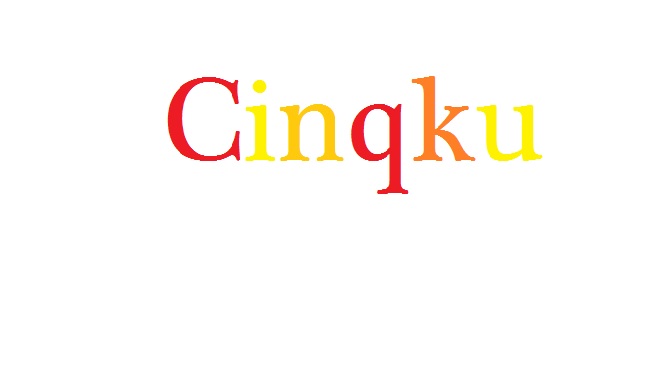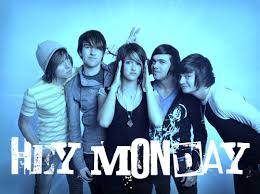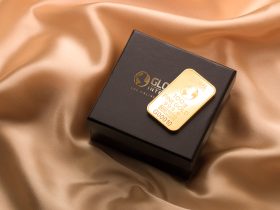The Cinkqu is a poetry from related to the Cinquain, and also a kind of cross between the Cinquain and a Haiku. The Cinkqu, like the Cinquain, is five lines long.
There is no rhyme in a Cinqku. The syllable count is
two, three, four, six, two.
An example of a Cinkqu is below.
Why
Worry, friend;
When God has said
That our ev’ry need He’d
Supply?
© Stacey Uffelman 10/14/15
Because it is so close to the Cinquain, it can be used in many ways that the Cinquain is used, including the “Crown” form, which is five Cinqku strung together, and if a page is turned on its side, the poem resembles a crown. There are acutally two more different Cinqku formations that come to mind.
Below is a Crown Cinqku that I wrote, based on verses in Matthew Chapter six (verses twenty-four and on)
You
Who clothe the
Lilies of the feild,
Why do we not trust You
With our
Small needs?
We cannot
Just by thinking
Add even an inch to
Our height.
Why do
We worry
About the things
That we cannot control?
Tomorrow
Will be
What it is
And it is You
Who will be in control
If we
Will just
Trust that You
Will provide all.
Forgive.
© Stacey Uffelman 10/14/15
The Cinkqu could also be written, like the Cinquain, in “Mirror” form. In other words, a regular Cinkqu first, with the syllable count two, three, four, six, two, followed by a “mirror” or “backwards” Cinkqu, with the syllable count two, six, four, three, two.
Today
Lord, I want
To lift You up
Whatever way I can
Because
You, in
Your wonderful mercy
Lifted me up
From the depths
Of sin.
© Stacey Uffelman 10/17/15
Those are all of the ways (at least, that I know of) to write a Cinkqu. Some poet out there may very well think of other ways to use this already crossed over form of poetry… hm, for example, why not use it along side or along with another form of poetry entirely (which would make it twice or triple or quadruple crossed over and through—) but, that is for another post. 🙂








Leave a Reply